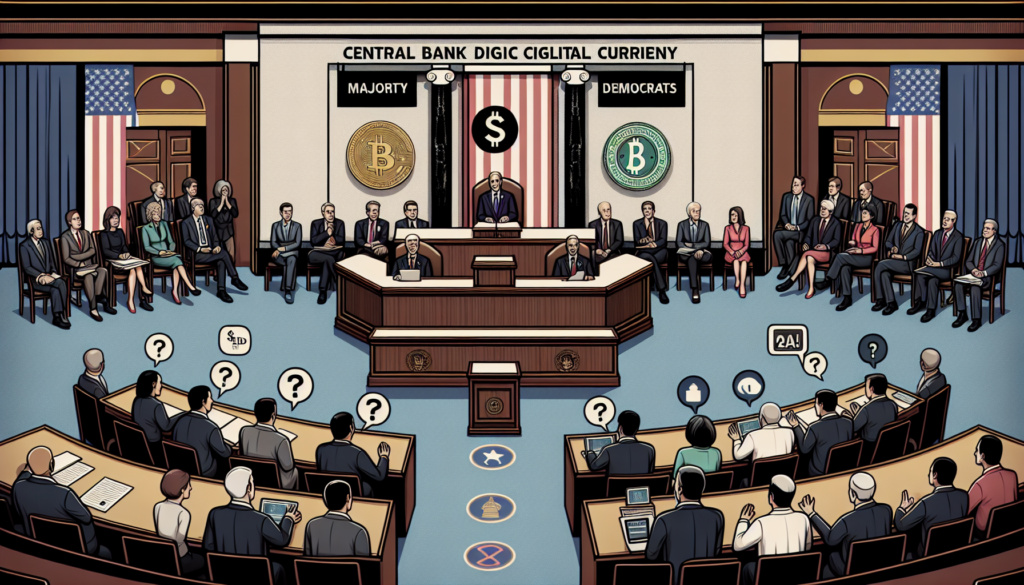
In a move that showcased a clear divide along party lines, the U.S. House of Representatives has voted to impede the Federal Reserve from creating a central bank digital currency (CBDC). Introduced by Majority Whip Tom Emmer (R-Minn.), the CBDC Anti-Surveillance State Act aims to halt any current efforts towards the establishment of a digital dollar. While Republicans defend the bill stating concerns over potential state-controlled digital finances, Democrats argue that such fears are excessive and could stifle public sector innovation and research.
This vote follows a contrasting unity in the support of The Financial Innovation and Technology for the 21st Century Act, a bill aimed at shaping the crypto market structure and expanding the U.S. Commodity Futures Trading Commission’s authority over digital assets. This apparent recognition of the significance of the cryptocurrency sector resonated positively within the industry. Kristin Smith of the Blockchain Association hailed the event as a “watershed moment” for the U.S. crypto industry, followed by Nicole Valentine from the Milken Institute commending it as a “welcome step”.
However, despite the buzz, both the crypto market structure and the anti-CBDC bills seem unlikely to progress beyond the House. The lack of corresponding legislation in the Senate suggests that these game-changing bills may fall flat, highlighting the continued uncertainty surrounding the digital currency landscape in the Senate and the U.S. as a whole.